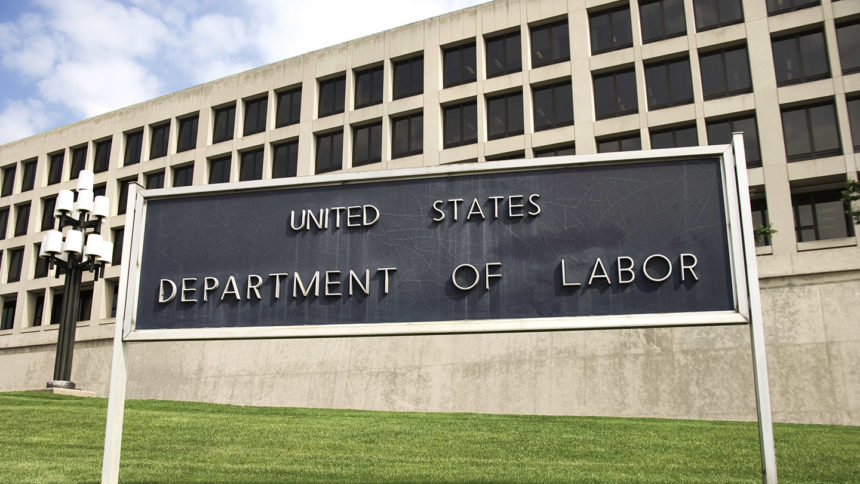
(Credit: Thinkstock / Getty Images)
The federal government plans to propose updates to the threshold for overtime pay and joint employment regulations in the new year.
The Department of Labor said it will propose updates to the Fair Labor Standards Act white collar minimum wage and overtime exemption regulations in April. The news comes after the department confirmed in July that it was reviewing the exemption of executive administrative and professional employees from the act’s minimum wage and overtime requirements as part of its semiannual regulatory agenda.
The DOL last updated the overtime threshold in 2019, when it increased from $23,660 to $35,568 — employees who make less than that amount are entitled to overtime. At the time, senior living organizations raised concerns that increased labor costs would challenge providers already contending with workforce shortages.
The Obama administration in 2017 had announced a threshold level of $47,476 per year, but it was enjoined by the courts. The current threshold was adopted during the Trump administration.
During a June House committee hearing, Labor Secretary Marty Walsh said that the existing threshold was too low.
Meanwhile, the National Labor Relations Board said that it will propose an update in February to government rules pertaining to when two or more employers are jointly liable for National Labor Relations Act violations. The change could affect some senior living and care providers that use temporary workers or staffing agencies.
The Service Employees International Union filed a lawsuit in September against the NLRB, challenging the joint employer regulation. The definition of a joint employer has fluctuated during recent Democrat and Republican administrations.
According to the February 2020 final rule, a business is a joint employer of workers directly employed by another company only if the two employers share or co-determine the workers’ essential terms and conditions of employment. Those essential terms and conditions include wages, benefits, work hours, hiring, discharge, discipline, supervision and direction.
The SEIU complaint asserts that the NLRB rule puts “meaningful collective bargaining out of reach for millions of workers by shielding companies that control their jobs from the duty to bargain with them.”
The complaint states that joint employer status also should be applied to employers with an unexercised right to control. The SEIU also holds that health and safety concerns should be included under essential terms and conditions.




